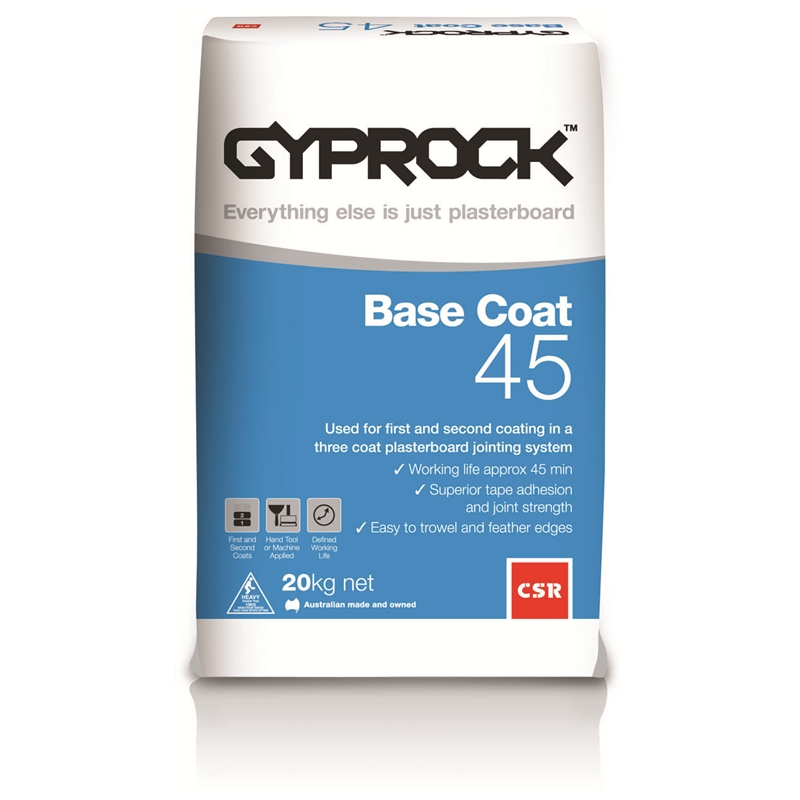Making the Most of the Dispute Resolution Process
 When a job is defective, plastering is typically one of the first trades to have defects pointed out. From minor issues through to a serious investigation of defaults, the blame game antics of “no one wants to pay” can lead to an early breakdown in communication and an escalation of the problem.
When a job is defective, plastering is typically one of the first trades to have defects pointed out. From minor issues through to a serious investigation of defaults, the blame game antics of “no one wants to pay” can lead to an early breakdown in communication and an escalation of the problem.
“I’ve been doing it this way for years and never had a problem”… one of the star players in the blame game, this is a line which builders, owners and tradesmen will have heard time and again. It’s a tired old line for a reason, and before you consider uttering it, take a good look at the job yourself.
Others prefer to adjudicate from the sidelines, office managers who have never been on site referring to practices and procedures which may, or may not, apply to the job under evaluation. A proper understanding of the defects on the job in question are more effective at resolving a dispute than repeating something from a rule book. Standards and tolerances are created for a reason, but citing that a builder should have installed an expansion joint and washing your hands of the issue does not establish good relationships between parties.
Huffing, puffing and even bluffing are not going to get the problems on a job sorted out. Action is much more valuable than reaction in regards to defects and good communication is essential.
Some Tips To Deal With Dispute Resolution
- When there are issues with defects on a job, meet with your builder and investigate the job yourself.
- Act promptly. Cracks on a job may not be high on your priority list, but they are important to your builder or client. Make an effort to be on site quickly.
- Always retain your professionalism. Everyone has heard stories about the contractor who dragged a builder or owner off a job site in sheer frustration, but this is not always an urban myth. Keep your cool, listen to what the other person has to say and remember that your actions reflect upon your trade and personal integrity.
- If it wasn’t you who completed the job, talk to your contractors. They may be able to shed more light onto a job, such as issues with other trades they spoke to on site. The more information you have, the better you will be able to resolve the issues.
- If the dispute escalates despite your best efforts, speak to your plasterboard supplier about a professional assessment of the project. This is typically free of charge and a third independent opinion can help to resolve an issue.
- No one likes to wear the blame for an issue. If you are indicating that the fault lies with others, be considerate of how you phrase the issues.
- If you’re going out on site to investigate, arranging a meeting with your contractors or getting in a third party, talk to your builder. No one likes surprises and everyone likes to be kept in the loop when there are problems. By keeping everyone abreast, you won’t look like you are hiding anything and all parties will be more comfortable.
Allocation of responsibility in dispute resolution
If allocation of responsibility can’t be determined, the next step is to take samples and have them evaluated to help determine responsible parties. Thorough investigations however can sometimes cost more than the rectification, but can influence an amicable outcome.
Irrespective of who is at fault, a plasterer will sometimes make a commercial decision and repair the defective work to protect the relationship with the builder or client. Sometimes errors occur and if you’re responsible then it’s in your best interests to step up and sort it out.
Save your negotiations for those times when other trades are at fault – this will ensure you will remain well respected and listened to at time of dispute.
In the dispute resolution process it is obvious not everyone reads from the same rule book. So with many of our issues, adherence to specification and demonstration of that adherence will always be the best insurance.
Building a good relationship can save you money in the dispute resolution process
One of the best qualities a plasterer can have is a good relationship with builders and other trades; not always easy to build in the age of speed which we currently operate. Although it can seem unimportant, communication and building rapport is one of the best insurances you can invest in; creating a long term relationship which places you in a better position when it comes to avoiding or managing disputes on workmanship.


